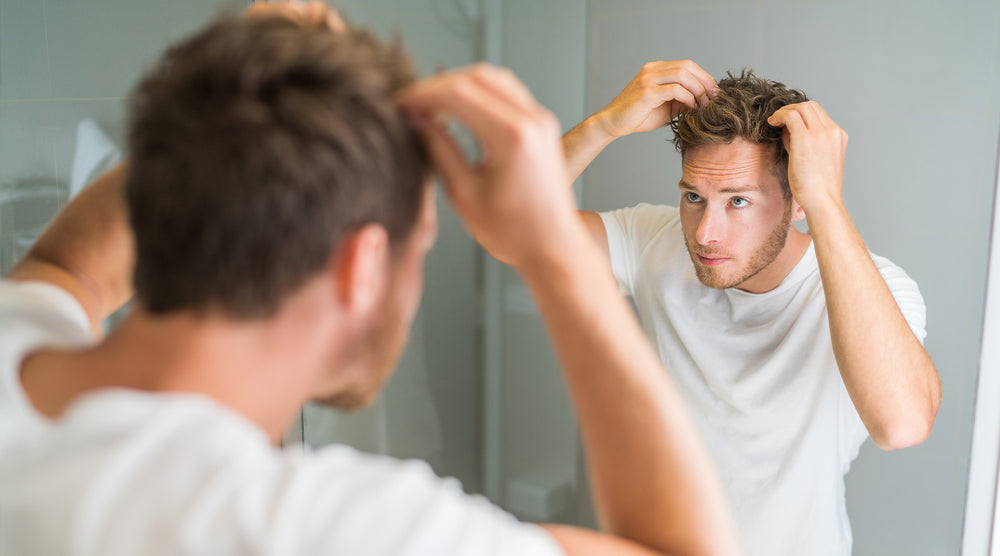Hair Restoration procedures, such as follicular unit extraction (FUE) or transplantation, can be life-changing experiences for those seeking to regain their natural hairline or improve hair density. However, achieving optimal results doesn't end with the surgery itself; it requires diligent post-operative care to ensure the transplanted hair grows healthily and seamlessly integrates with the existing hair. In this comprehensive guide, we delve into the essential dos and don'ts of post-hair restoration care to help you achieve the best possible outcomes.
Understanding Post-Hair Restoration Care
Importance of Post-Care
Post-hair restoration care plays a pivotal role in the success of the procedure. It promotes proper healing, reduces the risk of complications, and maximizes the longevity and natural appearance of the transplanted hair. The dos and don'ts outlined below are crucial guidelines to follow during the recovery period.
Dos for Optimal Results
Proper Hygiene and Cleaning
Maintaining a clean scalp is vital for preventing infections and promoting healthy hair growth. Follow your surgeon's instructions on how to cleanse the scalp gently using recommended products.
Follow the Surgeon's Instructions
Your surgeon will provide specific post-operative guidelines tailored to your unique needs. Adhering to these instructions regarding medications, activity restrictions, and hair care routines is paramount for optimal results.
Protecting the Scalp from Sun Exposure
Excessive sun exposure can damage the delicate skin on your scalp, leading to discomfort and potentially affecting hair growth. Wear a hat or use sunscreen to shield your scalp when outdoors.
Maintaining a Healthy Diet
Nutrition plays a significant role in hair health. Consume a balanced diet rich in vitamins, minerals, and proteins to support the growth of strong, vibrant hair.
Gentle Hair Care Practices
Avoid vigorous brushing, tight hairstyles, and excessive heat styling during the initial healing phase. Opt for gentle hair care products and techniques to minimize stress on the transplanted follicles.
Don'ts for Optimal Results
Avoiding Harsh Chemicals and Styling Products
Refrain from using harsh chemicals, such as dyes or perm solutions, on your hair until your surgeon gives the green light. Choose mild, hair-friendly products to avoid irritation.
Not Scratching or Picking at the Scalp
Resist the urge to scratch or pick at scabs or dry skin on your scalp. Doing so can disrupt healing and increase the risk of infection or scarring.
Restricting Intense Physical Activities
Engage in light to moderate physical activities during the initial recovery period. Avoid strenuous exercises or activities that may strain the scalp or cause excessive sweating.
Avoiding Smoking and Excessive Alcohol Consumption
Smoking and excessive alcohol intake can hinder the healing process and negatively impact hair growth. Follow your surgeon's advice regarding lifestyle choices post-surgery.
Not Skipping Follow-Up Appointments
Regular follow-up appointments with your surgeon are essential for monitoring your progress, addressing any concerns, and making adjustments to your post-care regimen if needed.
Common Concerns and FAQs
- How long should I wait before washing my hair post-surgery?
- Your surgeon will provide specific instructions, but typically, you may start gentle washing after a few days to a week, following their guidance.
- Can I dye or style my hair after hair restoration?
- It's best to wait until your scalp has fully healed and your surgeon approves such activities to avoid any potential damage.
- What should I do if I experience itching or discomfort?
- Contact your surgeon for guidance; they may recommend medicated shampoos or other remedies to alleviate discomfort.
- How soon can I resume normal activities like swimming or exercise?
- Wait until your surgeon clears you for such activities, usually after a few weeks to a month, depending on your healing progress.
- Is it normal to see shedding after the procedure?
- Yes, some shedding is normal as part of the natural hair growth cycle. However, consult your surgeon if you have concerns about excessive shedding.
In conclusion, post-Hair Restoration in Riyadh care requires a combination of patience, adherence to guidelines, and regular communication with your surgeon. By following the dos and don'ts outlined above and addressing any concerns promptly, you can enjoy optimal results and long-lasting satisfaction with your hair restoration journey.






Comments